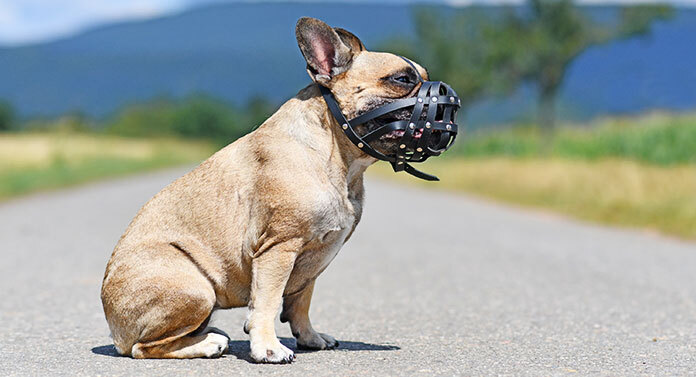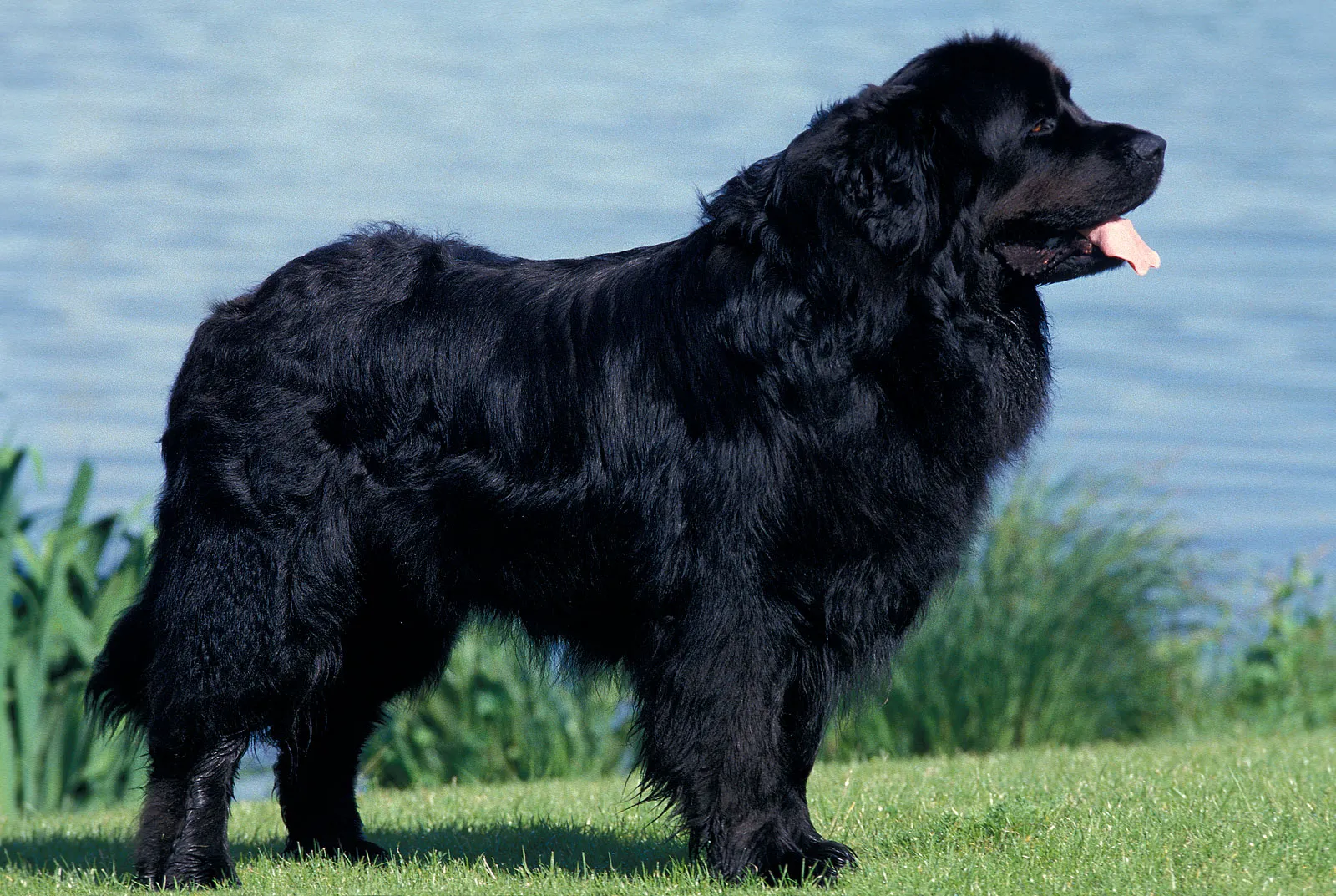
Introduction
The French Bulldog, or “Frenchie,” is a small domestic dog breed that originated in France. They are known for their distinctive “bat ears,” compact size, and affectionate personalities. Frenchies make great companions for individuals or families, as they are social, playful, and generally adaptable to a variety of living situations. They typically have low exercise needs and are generally low maintenance in terms of grooming. However, it’s important to note that Frenchies can be prone to certain health issues, such as respiratory problems, so potential owners should be prepared to provide appropriate care and attention. Overall, French Bulldogs are a popular and lovable breed that make great pets for many different types of people.
Temperament
French Bulldogs are a popular breed known for their friendly, playful, and affectionate personalities. They enjoy being around people, are good with children and other pets, and love to have fun. However, they can also be stubborn at times, so early training and socialization are important.
Aggression in French Bulldog

Explanation of aggressive behavior in French Bulldog
While French Bulldogs are typically friendly and sociable, they can exhibit aggressive behavior if not properly trained or socialized. Aggressive behavior in Frenchies can be triggered by a variety of factors, including fear, protectiveness, territoriality, or lack of socialization with other dogs. Signs of aggression may include growling, barking, biting, or snapping. It’s important to seek the help of a professional dog trainer or behaviorist if your French Bulldog is exhibiting aggressive behavior, as it can be dangerous for both the dog and those around them. Early training, socialization, and consistent positive reinforcement can help prevent or reduce aggressive behavior in French Bulldogs.
Why French Bull dog bark
French Bulldogs bark for a variety of reasons, including to alert their owners of potential danger, to express excitement or playfulness, to demand attention or affection, or simply out of boredom or frustration. However, excessive barking may also be a sign of anxiety, fear, or aggression, and it’s important to address the underlying cause and provide proper training and socialization to prevent any negative behavior.
Health and Lifespan
The reported lifespan range of French Bulldogs is typically between 10 and 14 years. However, like all breeds, individual dogs may have shorter or longer lifespans depending on a variety of factors, such as genetics, diet, exercise, and overall health care. To help ensure a longer and healthier life for your French Bulldog, it’s important to provide regular veterinary checkups, proper nutrition, daily exercise, and lots of love and attention.
Food for French Bulldog

The best food for a French Bulldog should be high in protein and low in carbohydrates. Look for dog foods that contain high-quality animal-based proteins like chicken, turkey, beef, or fish. Also, avoid foods that contain fillers like corn, wheat, or soy.
French Bulldogs are prone to allergies, so it’s essential to choose a food that doesn’t contain common allergens like dairy, eggs, or grains. Additionally, French Bulldogs have a tendency to become overweight, so it’s important to watch their calorie intake and choose a food that is appropriate for their size and activity level.
Conclusion
In conclusion, French Bulldogs are charming and loving companions that require proper care and attention to ensure a healthy and happy life. As with any pet, providing a nutritious diet, regular exercise, and routine veterinary care is crucial. By understanding their unique needs and personality traits, French Bulldogs can make excellent pets for individuals and families alike.


